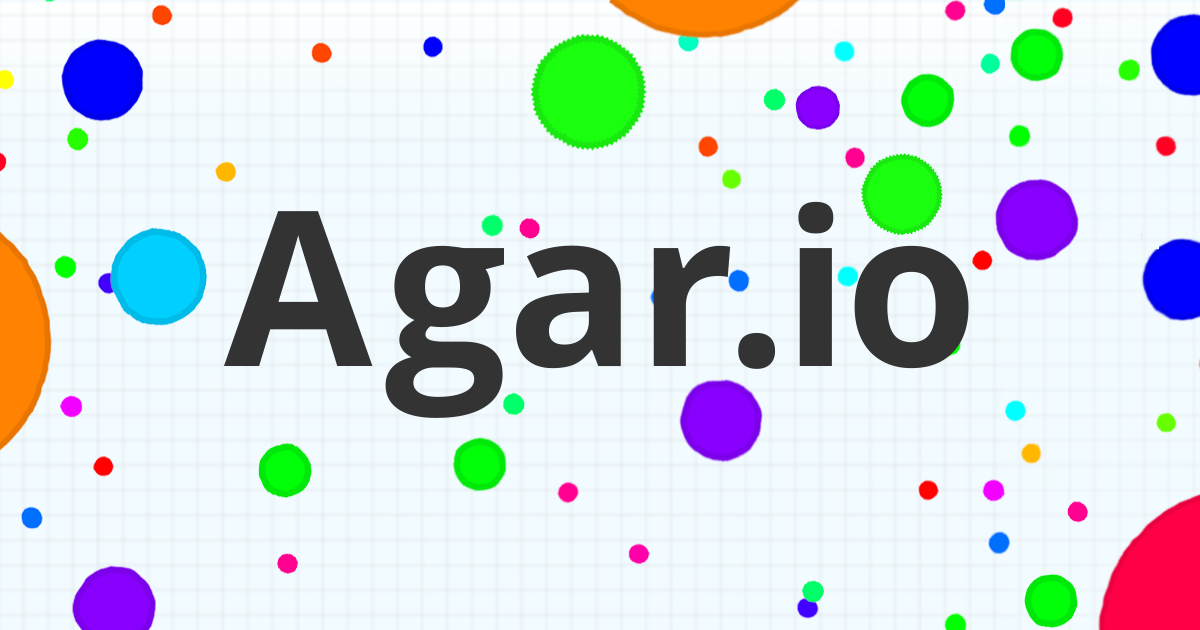Art Malkov takes a look at .io domains through the lense of startups and the crypto market: .Io history, who is using .io domains and why.
After I spent years in the domain space, often through the lense of digital marketing, I started to get involved in exciting and promising blockchain and crypto space projects, including recently RoninAi, an upcoming crypto analytics platform. .io is one extension that I quickly saw was appealing to emerging tech space, merging the message of innovation found in the blockchain and crypto space with domains, the existing digital asset.
In this article, I’ll be briefly diving into what I have seen in these two frontiers and help those who are less familiar with .io understand why it has been taking off in the way it has.
The History of .io
.io was initially the domain extension assigned to the British Indian Ocean Territory, but very quickly expanded due to its name. IO (or I/O) in computer science terminology is a frequently used abbreviation for input/output. This helped .io to draw numerous companies that wanted their domain name to be associated, even vaguely, with this terminology. The extension was also rather underused, as few businesses in the British Indian Ocean Territory were moving online while companies were looking to a shorter and cheaper alternative to .com domains that were quickly becoming too expensive. The domain extension recently celebrated its 20th anniversary, and things are looking brighter than ever.
One of the favorite domain extensions for domainers to invest in and businesses to acquire in the last few years, the extension has been widely adopted by games, startups, cryptocurrency and blockchain projects, and everything in between. That being said, there is a general lack of knowledge about .io domains, who is using them, and why they are using them.
Who is Using Them
A big first emergence of the potential .io tech angle materialized thanks to the breakout success of Agar.io (2015) and Slither.io (2016), two immensely popular multiplayer online games, the former of which gathered 113 million downloads in the first 20 months of its existence. Slither.io is a game inspired by Agar.io, that has similarly become a massive online and offline hit. In a similar vein, Itch.io has become a cornerstone of the independent games community, allowing indie developers to get their name and their games out in the world, either for a price or completely free. The games industry has heavily migrated to .io as the preferred .com alternative. With some substansial end user buys, such as Tank.io for $60,000 in 2016, .io has become a very common and important corner of the online gaming market.
According to web traffic data, ouo.io is the most visited .io website on the internet. It is a link shortener website that offers users a payout depending on how many views their shortened link receives. In the United States for example, every 1,000 viewers nets the link shortener $4.10, letting people earn a few extra bucks just by shortening links, an innovative and internet-focused idea that embodies the .io community at large.
One extremely promising area that has started to recognize .io as a valuable domain extension is the world of blockchain and cryptocurrency. Hashflare.io, Etherscan.io, Cointraffic.io, and Coinexchange.io are all notable websites in this space that have turned to .io, rather than using a .com as their main site. Vitlaik Buterin, original founder of Ethereum is fond of .io and launched his plasma contracts white paper site on .io (Plasma.io). In the last 12 months or so, the crypto community has flocked to .io in numbers never seen before. .io adoption has been recently been increasing thanks to the growth found recently in the crypto space. CryptoTradingTools.io and many others have been popping up recently, using .io for rebranding and marketing purposes.
Why They Are Using Them
Comparing .io to other non-.com options, such as .org and .net, .io plays a very different role. While .net is frequently thought of as the secondary alternative to .com, and .org is strongly associated with not for profit businesses, tech companies, new startups and existing companies that want to show that they have new and fresh projects (ex: sap.io ) need a different route and means of communicating their values and brand. .io is often associated with innovation and technology, two traits that are increasingly valued highly, especially by those tech companies and startups.
There are a few reasons why .io has taken off, and one major one is that short .com’s are hard to aquire in the current market. With .com prices steadily growing year over year, if you are a startup without a lot of funding but you still need a really short, memorable name, .com simply isn’t an option in the beginning. Right now, .io is as edgy as it gets when it comes to domains. You might spend $40 on the initial registration or a few thousand on a more premium .io name from an investor and still be very happy, as the same .com name would have been out of your price range, potentially starting at the high five figure range or venturing into the seven figure range, depending on the quality of the name you were looking for. With .io, on the other hand, you feel like you are getting a deal. You know it’s not a .com, but you know you got a short and snappy domain which you can be happy that can build you traction.
I have have seen a strong increase in companies turning to .io, and there has been a strong uptick in the wholesale prices of short and brandable .io domains, as well as longer and less premium names. Hopefully this gave you a good lay of the .io land, where it’s been, and where it’s headed.
 OnlineDomain.com Domain Name News & Opinions
OnlineDomain.com Domain Name News & Opinions





Very good article. Unfortunately, I can not understand. Have some io domains, including Holder.io and little to no requests.
.IO domain owners almost always upgrade to .Com eventually. For example coinsquare.io upgrading to coinsquare.com this year.
The average person does not know what .IO is and will not trust it. It’s as simple as that.
.io is pigeon shit it means nothing
.CO is better and CO is in every .COm
It this battle of the shite extensions? I wonder if someone else will chime in a tell us .biz is better than them all.
It is a trend extension, will be forgotten in 10 years like similar extensions before it (.cc, .ws, .to, .us)
A .io domain name is a stepping stone to a better quality domain name that consumers and vendors trust most — a .com domain name. Regardless of how cool these young technologists think .io is, when their companies grow up, they will need a .com domain name for the masses. Why not vote with confidence in your startup by investing in a .com from the get-go?
Logan, you are absolutely correct that it is a stepping stone, and sometimes a final step. To answer your question: because startups often don’t have the money to do a major domain purchase, for some reason a lot of domainers assume that all startups have a lot of money to throw around. That is not at all the case for vast majority. When a startup pays 12 million for coins.com, it means they are very far in their funding round or have already met with great success in past projects. Hence, yes in 95% cases .com is preferable but in 90% of those cases they are priced out of .com until later funding stages or proven success.
I am in NYC and come in contact with startups quiet often, and the vast majority still don’t understand the value of domains, but they don’t understand that shorter is better intuitively for branding and marketing. Hence, .io is a primary alternative to .com in the crypto/blockcahin space over last year and half.
A blockchain company that had been using .io upgraded to the .com after closing a funding round last week. I’ve owned the .com for years, and so we were able to reach an agreement. Funds in escrow
I like the extension .io — own a few of them. But I also own the .com.
i have
SEXE.IO olp.io cmk.io ceb.io BPO.io
but only xx range offers so far
From my observation, 3 letters are not a good alternative for .io at the moment. Since generally 3 letter are more aligned with existing company (such as sap.io) but it is not must have as usually they already own .com if they big enough.
In .io it is more about dictionary words that already shortcut meaning and give company a brand, without having to build one.
You have good 3 letter .io’s but it is likely that 3 letter .ios will be slower going. This i think were similar conclusion from Mike, who runs Park.io and others who do a good amount of .io
My first 4 purchases were 3 letter .ios, since than i havent bought one and only did dictionary. That said, i am not dropping 3 letters either.